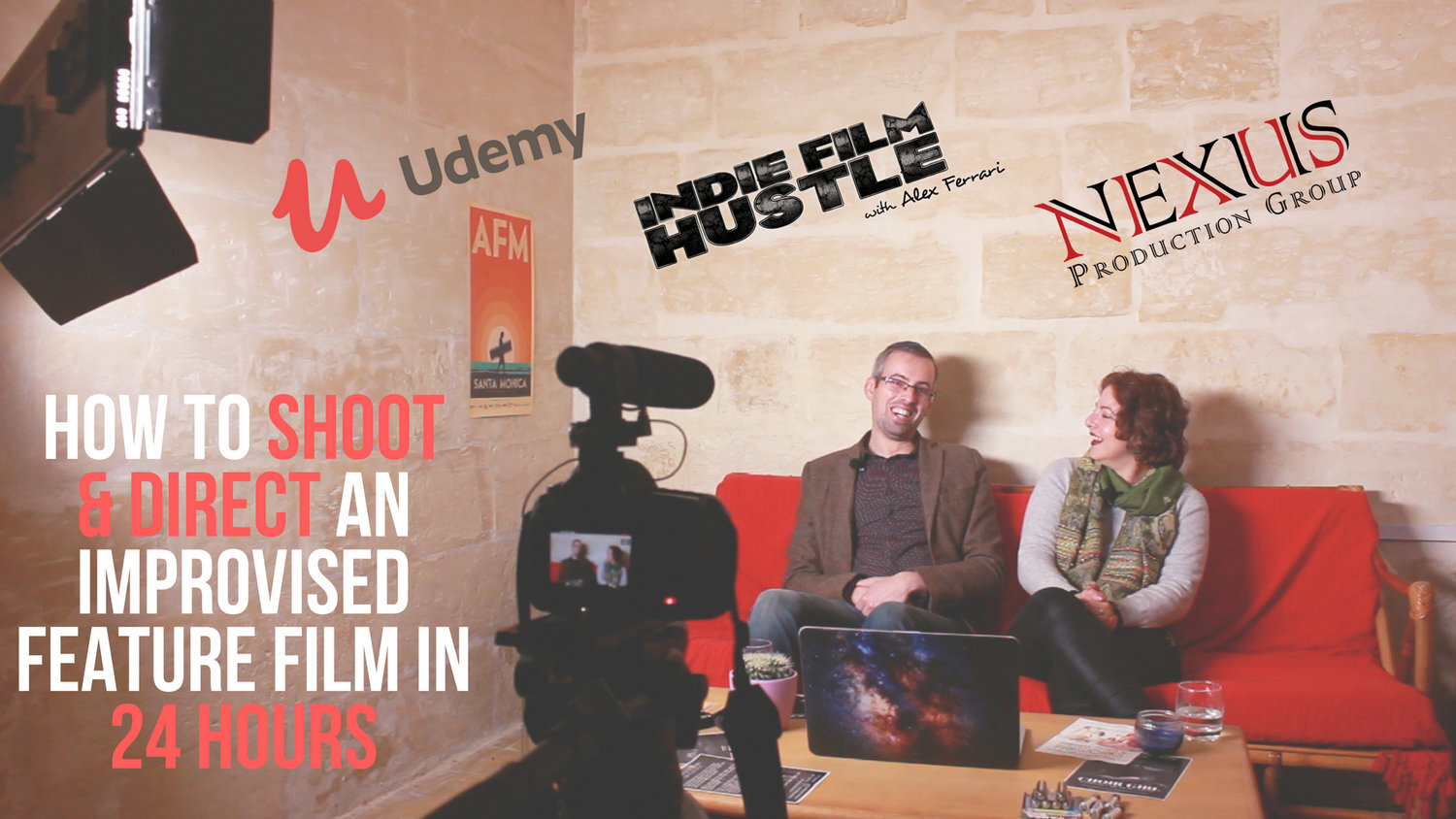Teaching Through Doubt
Many years ago I was told I should teach film by a friend of mine also in the industry. He wanted to gather a group of local filmmakers in Melbourne and run workshops on camera, lighting, editing, producing. I humoured him but inside I was scared.
What useful knowledge did I have to pass on? What if they asked technical questions? I have never been a computer nerd, a camera geek, or someone obsessed with the specs of gear and to this day I still have a hard time grasping crop factor on different camera sensors. Could I even explain how I produced a film – it just seemed to be stumbling for one hurdle to the next, with no methodology to the madness, getting things over the line via instinct, pestering, perseverance and luck.
How did you teach someone to make everything up on the spot when plans fell through?
Those workshops never went ahead so at the time I could breathe a sigh of relief. My charade of of being a filmmaker, of pretending I knew what I was doing, could continue. I was suffering from imposter syndrome and at times, despite many more years of experience, many more outward appearances of achievement, I still do.
I doubt myself. I don’t feel my work is good enough, that my films are good enough, that I specialize in anything. I can see one hundred flaws in any project I do. I think many creatives are like that. Chasing perfection, but never getting there. It is not always such a bad thing. It motivates you to do better with each new film.
But it can also cripple you. I will talk to peers and instead of feeling like an equal, I would feel inferior. My own accomplishments would pale into insignificance next to theirs, at least in my own mind. But I keep going, keep doing, keep trying. Practise makes perfect, right?
My best work seems to happen by diving into the deep end and learning to swim. I used to get films made by setting a date to begin production and sticking to it no matter what. I ran a film festival for eight years by simply opening submissions one year and working the rest out as I went along. My first ever film wasn’t a short but a feature called Shades of the Soul. It was horrible, a failure by every measure, but I learnt what I wanted to do with my life. Be a filmmaker.
Then over a decade later I would make an improvised feature in a single night, diving in, and it would completely change my career path. I would finally find a unique voice as a filmmaker, finally know what type of films I wanted to make. Every time I succeeded it began by diving in. Sure, there was planning involved, but you could never plan completely for something you have never done before. You just had to jump and trust yourself to swim.
So when Alex Ferrari encouraged Sarah and I to do an online filmmaking course after interviewing us for Friends, Foes & Fireworks on his Indie Film Hustle podcast, we said yes. We didn’t know how to do it, but we said yes anyway.
We researched, watched other courses, planned, gathered the materials, wrote all the lessons out, broke down what we knew into chapters, and organised the filming. It took two attempts at the filming. And many takes for each section. Sarah and I are both introverts – presenting to camera was not something that came naturally. But after making the commitment to teach we followed through and How to Shoot & Direct an Indie Feature Film in 24 Hours was born.
It sold well, especially in the beginning, and was reviewed positively for the most part. Students seemed to take value out of what we had to say. It was a strange feeling of validation and confirmation that yes, maybe I did have knowledge to share that would be useful for aspiring filmmakers.
It was Sarah that drove us into live workshops. She is more willing to put her hand out, more willing to ask for what she wants than me. We had our film rejected from the Gozo Film Festival but instead of simply responding with “thank you, we’ll try again next year” or not responding at all, Sarah mentioned that we teach improvised filmmaking and are available if needed. And Gozo Film Festival replied, “actually, we need someone to run a workshop for teenagers, this is the budget, can you do it?”
Again, we said yes. We dived in. Now we had to make it work. We planned, prepared slides, gathered video clips, thought of games to play with the class, rehearsed. We were nervous but guess what? We had fun. We got through it, got feedback, learned. Improved tenfold with our next workshop, this time for the Malta Film Weekend. And the experience of being live in front of people learning from you, asking questions, interactive, improvising on the spot, was exhilarating.
We have been invited to teach another workshop on filmmaking next year for a school in Malta. And we can’t wait. We want to do more.
To realize the knowledge you have acquired over the years of simply diving in and doing is valuable – that is a powerful feeling. To realize by doing you can adapt and achieve anything is a better feeling.
I still don’t think I know it all but I know I will keep learning. And sharing that knowledge as a teacher.
Written by Ivan Malekin
To learn more about the workshops on improvised filmmaking Ivan and Sarah teach go here.


